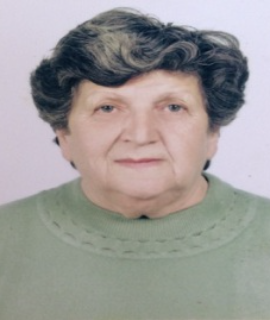Title : Base catalized intramolecular Cyclization of (4 hydroxybuth-2-ynyl)(3-(4-aryl)prop-2-ynyl)ammonium chlorides and intramolecular Recyclization of obtained products
Abstract:
It was established that for Cyclization of -(4-hydroxybuth-2-ynyl)[3-(4-aryl)prop-2-ynyl]ammonium chlorides (1) in the presence of 0,2 mol of alkali per mol of initial salt, unlike of propargylyc analogs, it is necessary the heating of reaction mixture at 45-50oC during 10-15 min, then take place Cyclization with self-heating giving cyclic products 2 with high yields.
In these conditions with 13-15% yields were obtained also amines 3, which are result of intramolecular Recyclization of cyclic products 2.
It was shown that the Cyclization of dialkyl(4-hydroxybuth-2-ynyl)[3-(4-bromphenyl)prop-2-ynyl]ammonium chlorides in water medium at step addition of twofold mol of water base on one mol of initial salts is realized with self-heating and following Recyclization of cyclic products 2, leading with high yields to formation of amines of Recyclization 3.
The chlorides of 2,2-pentamethylene-6-brombenzo[f]isoindolinium and (spiro-6-brombenzo[f]isoindolin)-2,4’-morpholinium in water solution at room temperature in the presence of equimolar quantity of KOH smoothly undergo intramolecular Recyclization with formation of amines 3 with high yields.
The observing phenomenon is unique case in the field of intramolecular Recyclization. This can be explained by the fact that in the presence of bromine atom in the cycle is increased the electronic density of the molecule, thereby facilitates the ability of nucleophilic attack of alkoxy anion on a partially positive charged isoindolinium cycle.



